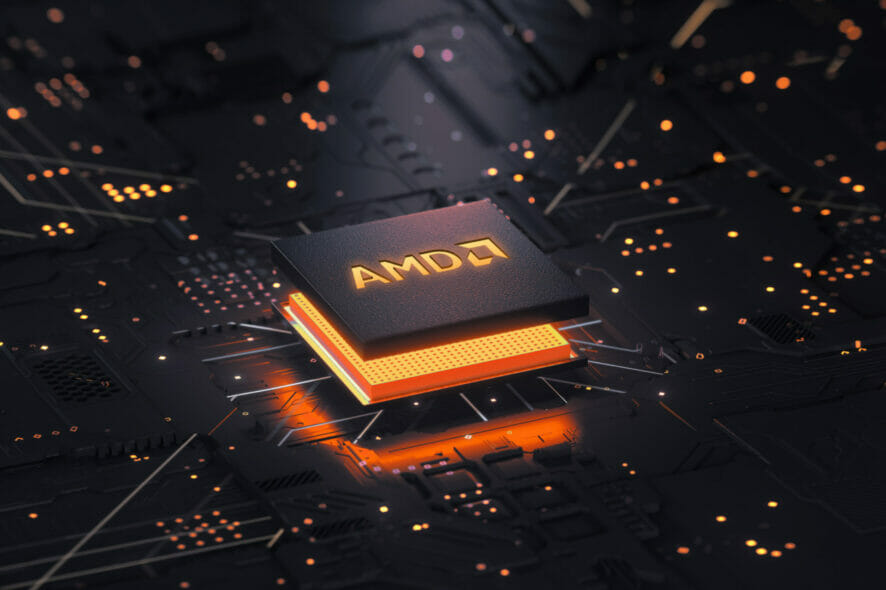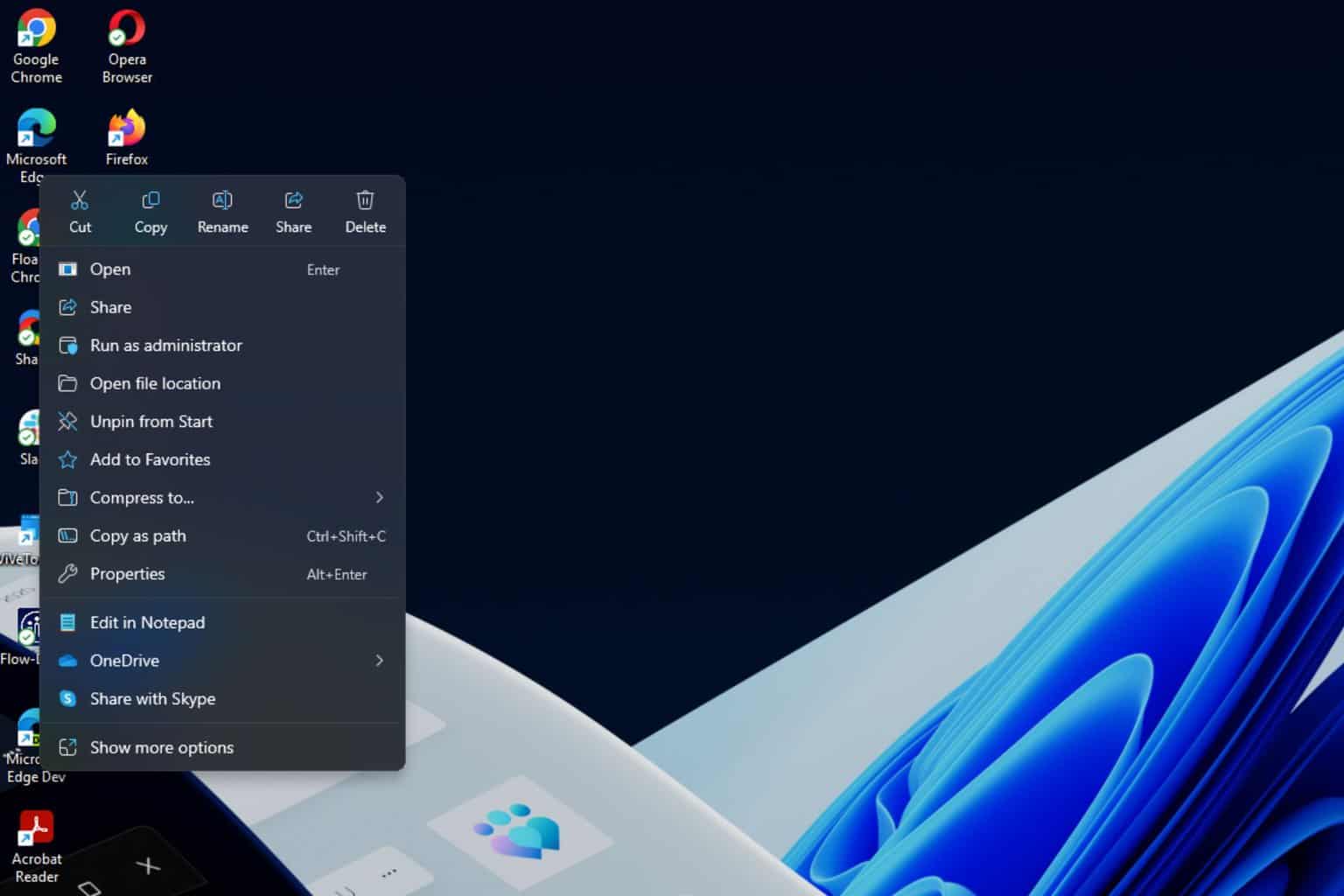AMD's StoreMI hard disk tool now has support for Windows 11
3 min. read
Updated on
Read our disclosure page to find out how can you help Windows Report sustain the editorial team Read more
Key notes
- AMD released the latest version of its StoreMI SSD caching software.
- Version 2.1.0.205 has support for Microsoft’s latest operating system.
- This new version could bring some Windows 11-specific optimizations.
- StoreMI tech enables the system to use available SSDs as cache drives.

If your current setup also has AMD hardware, you might want to know that the company just released the latest version of its StoreMI SSD caching software today.
The major highlight of the new version 2.1.0.205 is support for Microsoft’s latest operating system. It hasn’t been officially confirmed, but it’s possible the new version brings certain Windows 11-specific optimizations under the hood.
Support also extends to Windows 11
In case you aren’t sure of what this is exactly, the StoreMI technology enables the system to use available SSDs to act as cache drives paired with slower rotational HDDs.
This technology is based on Enmotus’ FuzeDrive which was temporarily available for standalone purchase earlier before AMD incorporated the technology as a motherboard feature and rebranded it to StoreMI.
As with any new release, there are a few known issues with StoreMI 2.1.0.205:
- After installing AMD StoreMI, performance of some models of M2 SATA SSD may drop
- AMD STOREMI installation fails on some systems where:
- Dual operating system (OS) is configured. In such scenarios, AMD StoreMI is only supported on the primary OS
- StoreMI installation may fail on some B550 systems due to Pagefile being set to non-Boot Drive by default, in such case enable paging for Boot Drive only and try installing StoreMI.
The chipset support for StoreMI has expanded gradually compared to when it first came out. The image below (click to enlarge) shows all supported AMD chipsets and CPU families.
There are, however, some requirements that need to be fulfilled, as follows:
- At least one rotational hard disk (HDD) of any capacity larger than the SSD cache device. The HDD must be connected to a SATA port provided in the AMD processor or chipset.
- At least one unformatted, uninitialized, unallocated SATA or NVMe SSD for storage acceleration. If using a brand new, unused SSD, simply plug the SSD into the system. Most new SSDs will offer a default name to identify it in the AMD StoreMI Cache device menu. A used SSD can be re-used as an AMD StoreMI cache device. However, all the vital data must be backed up by the user and any existing partitions/volumes must be deleted before proceeding.
- The former AMD StoreMI tiering software must not be installed.
- The system should not be configured for RAID storage.
- The maximum drive count is 16.
To download the latest StoreMI 2.1.0.205, head over to the official website where you can find the relevant link.
Excited about this news coming from AMD? Share your thoughts with us in the comments section below.









